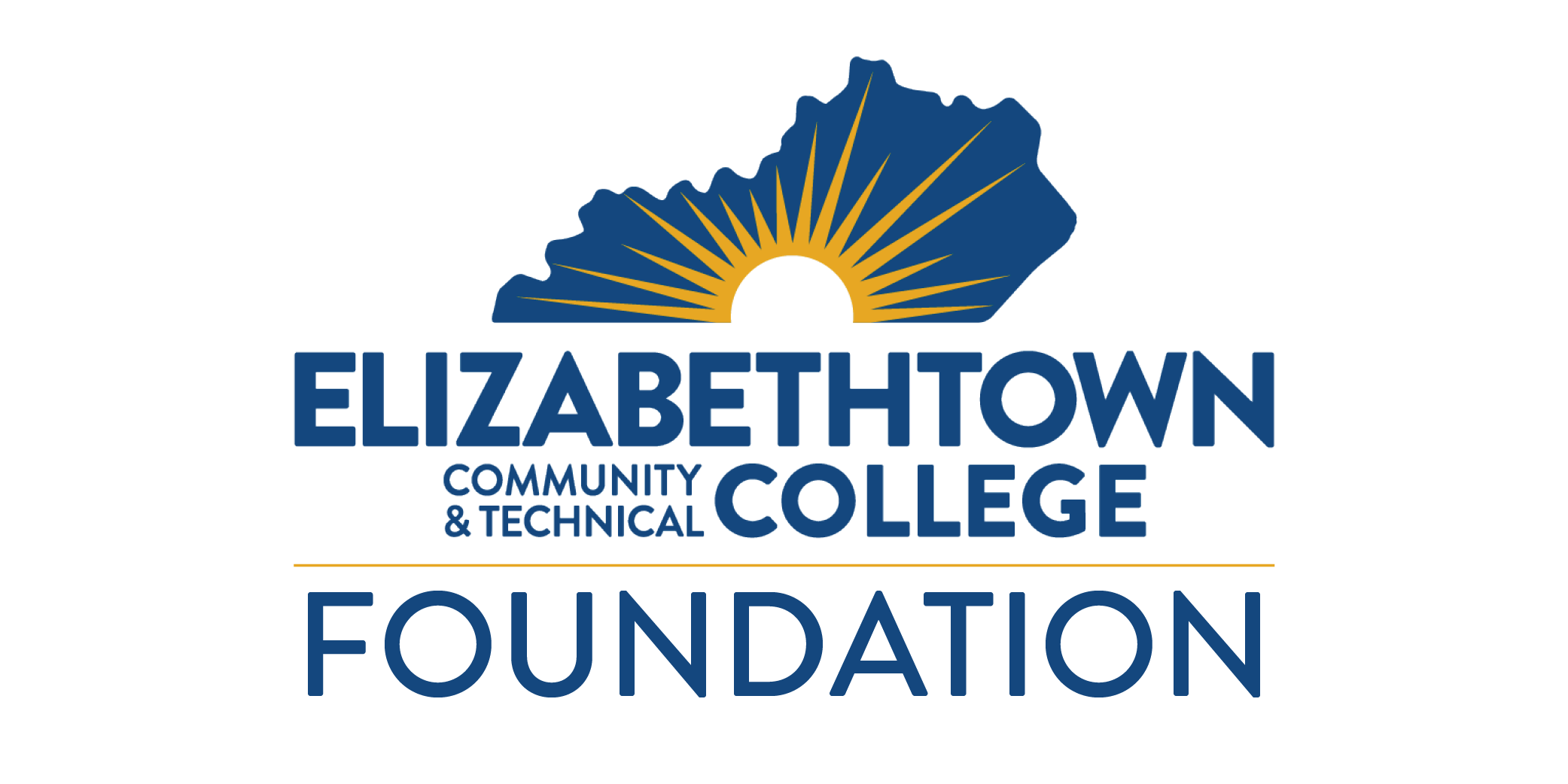Planned Giving: Giving through Your Alma Mater
By James Watson
Charitable giving plays an important and meaningful role in your overall financial plan. We all work hard to support our families, build for our financial goals, and hopefully leave a lasting legacy that aligns with our sense of purpose. Identifying the causes and organizations that match your values early on can help you be intentional with spending and saving so you make the desired impact over your lifetime. This article is designed to help you think through some options to consider throughout your financial journey.
Planned Giving to Your Alma Mater: A Smart Move for Your Finances and Legacy
Supporting your college that has impacted your life can be one of the most meaningful gifts you make. But beyond the emotional connection, there are also strategic financial benefits to giving in a planned and tax-efficient way. Whether you’re looking to reduce your tax bill, support scholarships, or create a lasting legacy, tools like Donor-Advised Funds (DAFs), appreciated stock gifts, and Qualified Charitable Distributions (QCDs) can help you make the most of your philanthropy.
Donor-Advised Funds (DAFs): Give Now, Grant Later
A Donor-Advised Fund is a flexible and tax-efficient way to support the causes you care about—like your university. You contribute cash, appreciated securities, or other assets to the fund and receive an immediate tax deduction. From there, you can recommend grants over time, including to your college’s foundation or specific programs like scholarships, athletics, or research.
This is especially useful in high-income years. You can “bunch” donations into the DAF for maximum tax efficiency, then make consistent contributions to your School over several years. You also retain control over the timing and designation of your gifts, allowing you to align your giving with personal and institutional milestones—like reunions, capital campaigns, or department anniversaries.
Stock Gifts: Give More Without Spending More
One of the most overlooked ways to support a school is by donating appreciated stock. Rather than selling the stock, paying capital gains taxes, and donating the after-tax proceeds, you can transfer the shares directly to the university. This allows you to avoid the capital gains tax entirely and still receive a deduction for the full market value (if you itemize).
Many colleges have well-established processes to receive stock gifts, and these contributions can have a significant impact—especially if designated to an endowed fund, faculty chair, or student scholarship. If you have low-cost-basis stock in a taxable account, this is a great way to support higher education and rebalance your portfolio at the same time.
Qualified Charitable Distributions (QCDs): Ideal for Retirees
If you're 70½ or older and have a traditional IRA, you can make a Qualified Charitable Distribution of up to $108,000 per year directly to your college. These gifts count toward your Required Minimum Distribution (RMD) but aren’t included in your taxable income.
This is particularly valuable if you’re no longer itemizing deductions. QCDs help reduce your adjusted gross income, which can lower your Medicare premiums or the taxable portion of your Social Security benefits. Many Schools accept QCDs and can help you allocate the gift to a specific purpose, such as a scholarship in your name or support for a department that shaped your career.
Make Education Part of Your Legacy
Giving to a college isn’t just about nostalgia—it’s about investing in the future of students, research, and the broader community. By integrating planned giving into your financial plan, you can support higher education in a way that aligns with your personal values, enhances your tax strategy, and creates a legacy that lives on for generations.
Talk to your financial advisor and your Alma Mater’s advancement office to explore which giving strategies are right for you. If you don’t have a financial advisor, we’d love to connect and see how we can support your financial goals.

Jason is a Partner and Practice Leader in the Louisville and Elizabethtown offices of Cerity Partners. A graduate of Western Kentucky University, Jason has more than 19 years of experience in the financial services industry helping individuals and families achieve financial success. Prior to joining Cerity Partners, Jason was the Vice President of the Personal Planning Division with ARGI Financial Group. Jason is an avid outdoorsman and enjoys hiking and hunting on his family farm in Kentucky.
This is being provided for informational purposes only and should not be construed as a recommendation to buy or sell any specific securities. Past performance is no guarantee of future results, and all investing involves risk. Index returns shown are not reflective of actual performance, nor reflect fees and expenses applicable to investing. One cannot invest directly in an index. The views expressed are those of the Presenter and do not necessarily reflect the views of the ECTC Foundation or any of its affiliates. Information is based on sources believed to be reliable; however, their accuracy or completeness cannot be guaranteed.
Connect With Us
© 2020 KCTCS. All rights reserved. Privacy Policy


